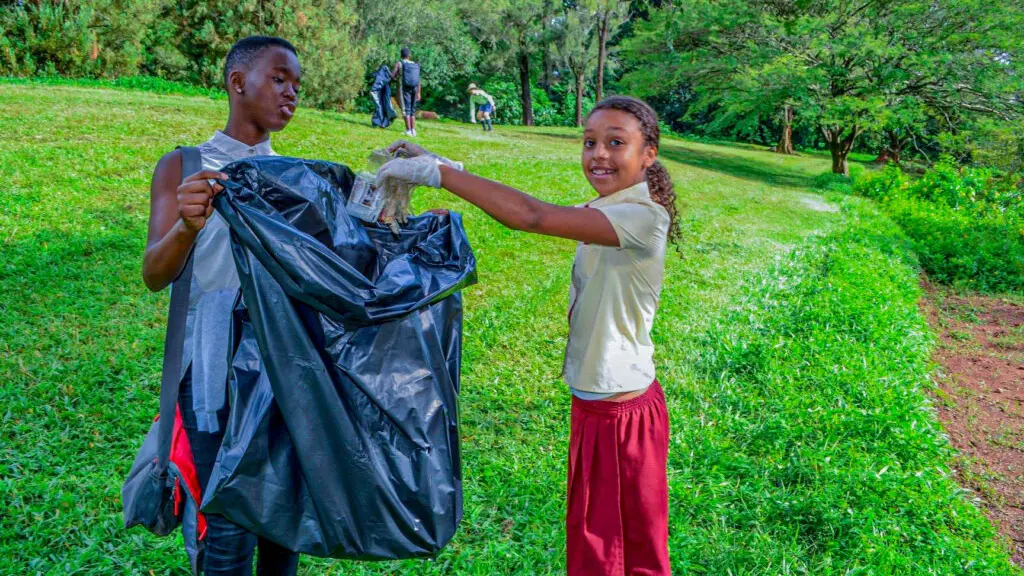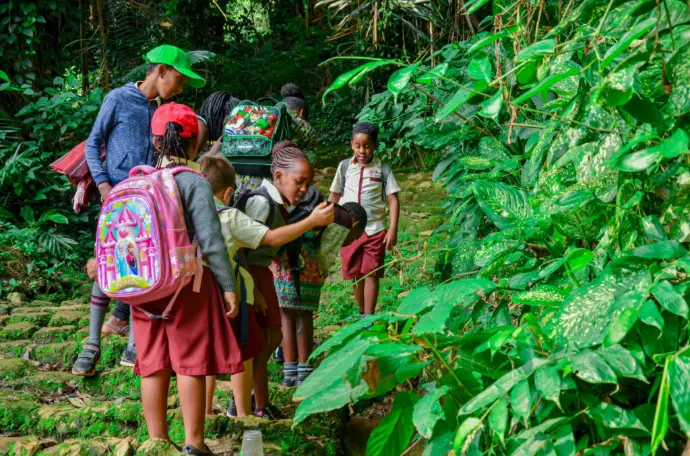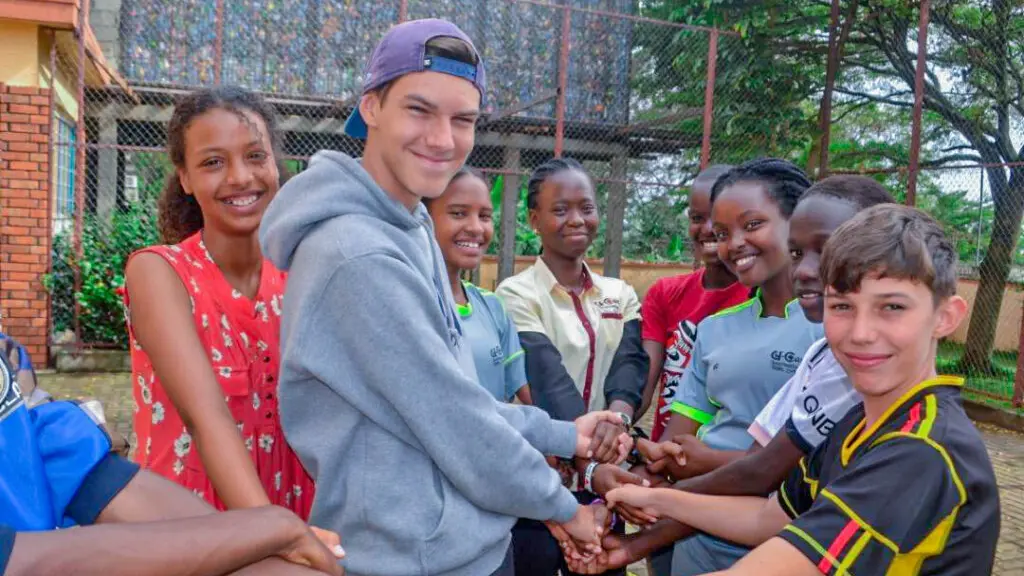U-Can Core Educational Philosophy
Excellence in all we do through good choices and hard work
1. Focus On The Basics

Reading, Writing, Arithmetic and Character Development (ethical behavior) are the building blocks of effective learning and the key to understanding.
Benefits
- Mastery of basic skills builds confidence and provides tools to communicate effectively
- Mastery of the basics instils the ability to think systematically and figure out things logically
- Children learn the five basic principles of ethics that are common across cultures and faiths. Do no harm, Make things better, Respect others, Be fair, Be caring and loving
2. Integrate Lessons Across Subject Areas

Integrated lessons help students make connections across subject areas and foster a Way of Learning that Mimics Real Life
Benefits
- Increases ability to make decisions, think critically and creatively
- Enhances ability to identify, assess, and transfer significant information needed for solving novel problems.
- Promotes cooperative learning and a better attitude toward oneself as a learner and as a meaningful member of a community.
3. Foster Creativity
Creativity is the act of turning new and imaginative ideas into reality. Creativity is characterized by the ability to perceive the world in new ways, to find hidden patterns, to take connections between seemingly unrelated phenomena, and to generate solutions.
Benefits
- Creativity is an important life skill that enables us to perceive the world in different ways and be open towards unconventional views.
- Creativity makes us who we are, helps us to enjoy the educational journey and be innovative.
- Creativity opens the mind all discipline of thinking should not be solely associated with being skilled in arts or music.
- Creativity should be seen as a new way of thinking.

4. Make It Fun to Learn
If we want our students to stay motivated and engaged, then it is essential to make learning fun. Play in many different forms is an integral part of the education process.
Benefits
- Students learn best by “doing”: Students need a rich supply of meaningful examples and manipulatives to help make ideas and relationships come to life.
- Students make connections with past experiences: Cognitive psychologists tell us that knowledge is composed of vast connections made between bits of information stored in long-term memory.
- Students learn best if the material is relevant and interesting: Learning is an active process. A student must give full attention to effectively engage in the material. The best way to captivate student attention is by making activities and discussion

5. Value Each Child As A Unique Individual

As every child is different, it is important to think about, plan for, and interact with the individual, as well as the group as a whole. As well as being academically well qualified teachers must have a heart for each child and desire to bring out the best.
Benefits
- Children will feel valued and appreciated – better self-esteem
- Understanding the child as an individual will help to tailor teaching to aspirations and needs of the child.
- Behavioral and discipline issues will be lessened and more easily dealt with
- Teacher becomes a mentor rather than just a source of knowledge
- Students will progress at a speed they can manage and control rather than being part of a cookie cutter type of teaching.
- Children will learn to have respect for others and the world around them